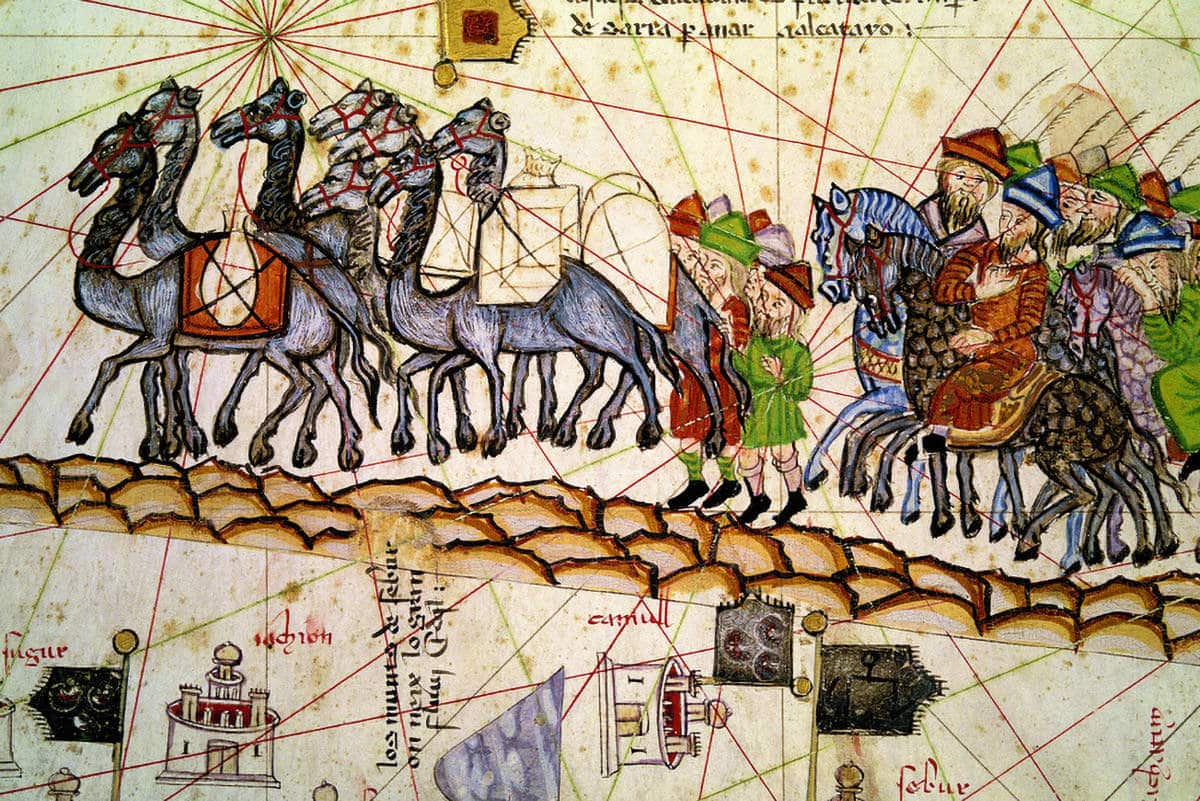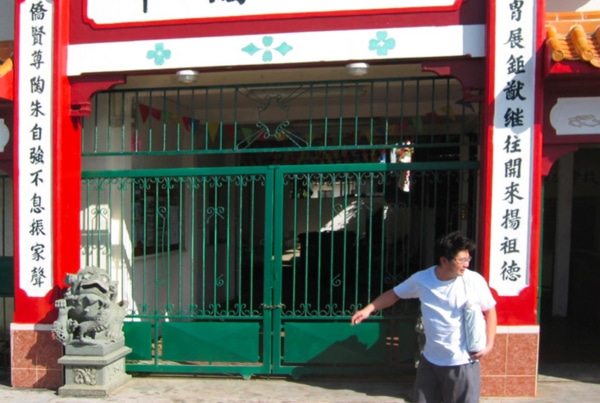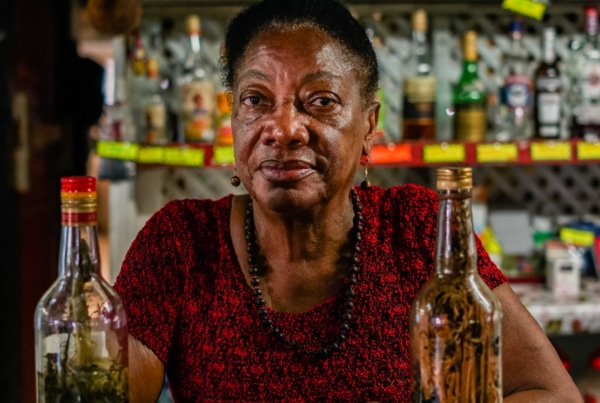
The MINEA and LEEISA laboratories are organising a conference as part of the "Borders, Circulations, Interculturalities and Human-Milieu Interactions" seminar. It will be given by Nathanaël T. Niambi from the Université Marien Ngouabi in Brazzaville (Republic of Congo) and will focus on: "Globalisation with a Chinese flavour in Africa: the New Silk Roads". It will take place on Wednesday 23 February from 4 to 6 pm in room E 115 and by video by zoom.
L he majority of African territories under colonial rule gained independence in the second half of the 20th century. This independence has gradually turned into interdependence over the course of the 21st century. The international community has become a global village where borders no longer seem to mean much. This phenomenon, which has interconnected nations over the years and allows the free movement of people and goods, is known as globalisation. This is the context of the New Silk Roads, a titanic Chinese project whose ambition is to bring the People's Republic of China (PRC) closer to the rest of the world by ignoring land and sea borders. The aim is to intensify international trade across the continents of Asia, Europe and Africa.
Officially, this is what the Chinese authorities claim, but unofficially this initiative, which will cost US$1,000 billion to invest between now and 2049, is far from being a blessing in disguise for all the countries involved in or crossed by these new Silk Roads. This is why we will be speaking on this subject at this seminar on borders. First of all, we will present this Chinese project, which dates back to 2013, but which is often little known by the general public. We will then reflect on the geopolitical and socio-economic advantages and disadvantages of such an undertaking in relation to Africa. Finally, this approach will undoubtedly enable us to redefine our perception of borders in today's world, especially at a time of health crisis linked to Covid-19.




